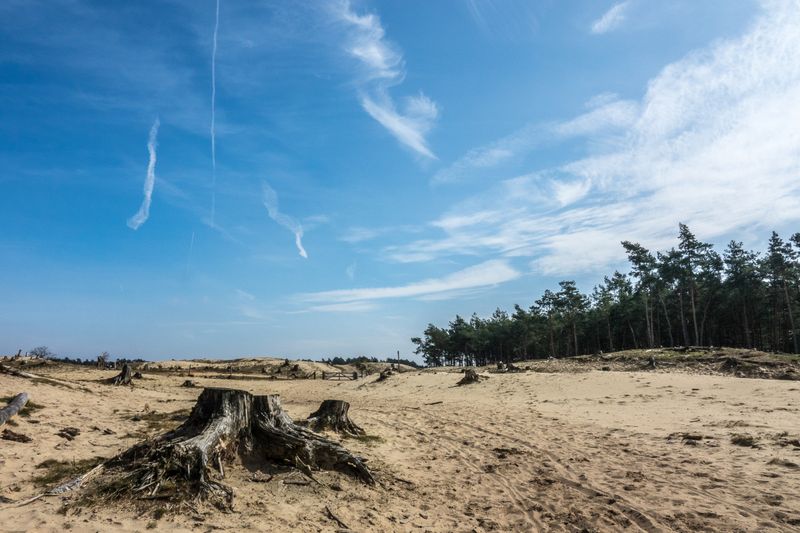The European Union recently passed an important law for all EU-based companies that requires them to ensure their imports and exports are “deforestation-free,” which will not drive human rights abuses. The law, known as the European Union Deforestation-Free Products Regulation, is a significant step towards more sustainable trade practices. The regulation places the responsibility on companies registered in EU member states to ensure that seven agricultural commodities – cattle, cocoa, coffee, oil palm, rubber, soy, and wood – that they import or export have not been produced on deforested land after December 31, 2020. Derived products such as chocolate and leather are also inspected under the regulation.
Traceability and Compliance
The law requires companies to track the commodities back to the source of production. It also obligates companies to ensure these commodities are produced in compliance with “relevant laws” in their country of origin. These rules include land-use rights, labor rights, human rights protected under international law, the right to free, prior, and informed consent as set forth in the United Nations Declaration on the Rights of Indigenous Peoples, and anti-corruption laws. The EU imports billions of euros worth of timber and agricultural goods annually from around the world, some of which are tainted by child labour, forced displacement of rural communities, and killings of environmental defenders. As per the new law, companies would now be held accountable in EU courts if they do not root out labor and human rights violations from their supply chains.
Risk Rankings
Within 18 months of the regulation entering into force, the European Commission will designate producer countries low, medium, or high risk based on their rate of deforestation, the existence and compliance of laws protecting human rights, Indigenous groups’ rights, local communities, and other customary tenure rights holders, and other criteria. Products from countries deemed “high risk” will face more rigorous inspection by EU customs authorities, and European companies will be required to conduct more stringent due diligence while sourcing from those locations.
Effective Implementation and Support
The EU Deforestation-Free Products Regulation holds immense potential, but its success will depend on strict implementation by every EU member nation and effective methods of redress for victims of rights violations. The EU should also support trading partners in promoting compliance. The European Commission must withstand political pressure from trading partners and EU member nations to ensure the accuracy of the benchmarking process and contribute to the regulation’s effective enforcement.
Editorial and Advice
The regulation marks a positive step towards preventing human rights abuses in supply chains and protecting the environment. The EU should ensure effective implementation and enforcement of the regulation to prevent non-compliance. Similarly, trading partners should participate and support the initiative to promote more sustainable trade practices globally. Furthermore, other nations must adopt similar regulations to ensure that the supply chains of goods imported or exported are free from human rights violations and environmental destruction.

<< photo by Mike van Schoonderwalt >>